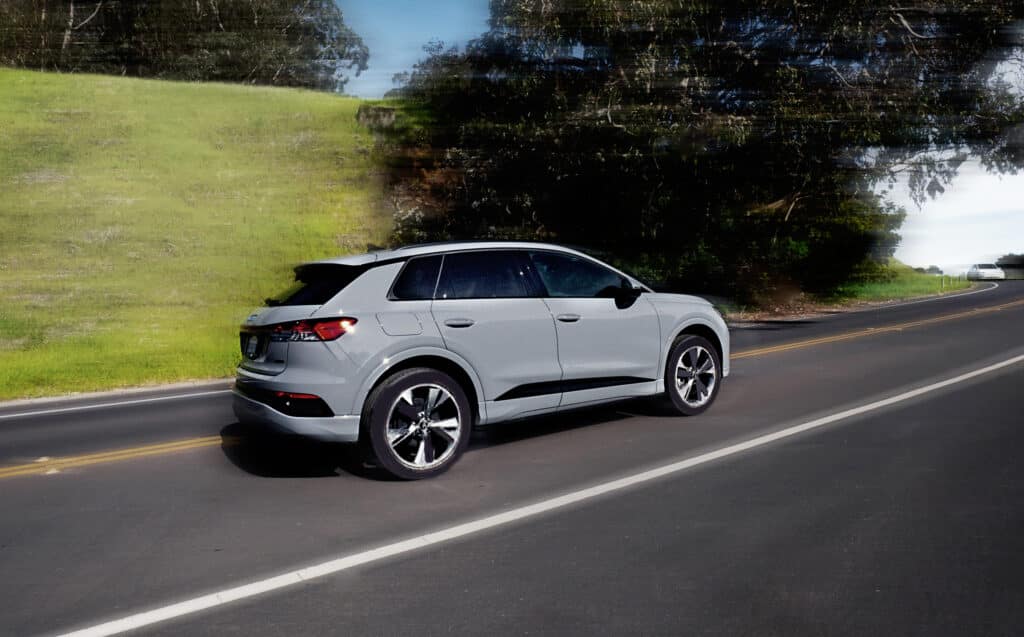Thinking About an EV? Here’s What Potential Changes to the $7,500 Tax Credit Could Mean for You
Recent developments around the $7,500 federal EV tax credit could impact the affordability of electric vehicles—a valuable incentive that has helped many Cartelligent clients make the switch to EVs.
In the last few days, reports suggest that this credit may be eliminated in early 2025, potentially raising the cost of going electric. For those of you considering an EV in the next few months, here’s a rundown on what this could mean for your decision—and why it might be the right time to act.
Why the EV Tax Credit Matters
The federal tax credit has been a game-changer for making EVs financially accessible by lowering upfront costs. This credit can save EV buyers thousands, making them a great alternative to traditional gas vehicles. According to Consumer Reports, without this credit, the price difference may discourage some buyers, potentially slowing EV growth and the push toward a greener future.
What Automakers Are Saying
Major automakers have raised concerns about the impact of losing the credit. In fact, the Alliance for Automotive Innovation, representing nearly all U.S. auto manufacturers, has urged Congress to maintain it, calling the credit “critical to cementing the U.S. as a global leader in automotive technology.” While Tesla CEO Elon Musk has supported the removal of the credit, noting it may slightly impact Tesla’s sales, he also acknowledged that it would likely hit legacy automakers harder as they work to build their EV portfolios (Bloomberg).
What This Could Mean for You
For buyers, the potential end of the $7,500 credit may result in higher EV costs in the coming year. Car and Driver highlights that the tax credit significantly lowers the cost of EVs, especially for brands like BMW, Audi, and Hyundai. Without this incentive, the price gap may widen, particularly for newer EV buyers looking to make the switch from gas-powered vehicles. It remains to be seen whether manufacturers will adjust their pricing in response to the elimination of the tax credit. It could also be that they decrease the production of EV models, making it more difficult to find specific models, options, and color combinations.
Locking in Savings: Consider Leasing
If you’re not ready to buy but want to take advantage of the tax credit, leasing can be a smart option. When you lease an EV, the tax credit typically goes to the leasing company, which often passes those savings to you in the form of an additional down payment which reduces the monthly payment and overall cost of the lease.. Leasing also gives you the flexibility to upgrade to newer models down the line. It’s a practical way to enjoy the benefits of the credit right now, without waiting on tax season.
Which Cars Currently Qualify?
If you’re leaning toward an EV, knowing which models qualify for the credit can help you make a well-informed choice. Here are some of the cars currently eligible for the credit or self-applied by manufacturers (though this may change based on upcoming legislation):
- Acura: ZDX
- Audi: Q4, Q5 PHEV, Q8 e-tron, and e-tron GT
- BMW: i4, i5, i7, iX,
- Cadillac: Lyric
- Chevrolet: Equinox EV, Blazer EV, Silverado EV
- Ford: Mustang Mach-E, F-150 Lightning, Escape PHEV
- Honda: Prologue
- Hyundai: Ioniq 5, Ioniq 6, Kona Electric
- Jeep: Grand Cherokee 4xe, Wrangler 4xe PHEV
- Kia: EV6, Niro EV, EV9
- Land Rover: Range Rover Sport and full-size Range Rover PHEVs.
- Nissan: LEAF, Ariya
- Polestar: 2 and Polestar 3
- Porsche Cayenne E-Hybrid models, Panamera E-Hybrid models, the Macan EV, and all Taycan EV variants.
- Volkswagen: ID.4
- Volvo: C40 Recharge EV, XC40 Recharge EV, XC60 Recharge PHEV, and XC90 Recharge PHEV
Keep in mind that some plug-in hybrids (PHEVs) may qualify for a reduced credit based on battery size and other specifications. For the latest on qualifying models, check with us or consult the IRS’s official list.
Interested in getting the $7,500 rebate before it disappears?
Cartelligent can help! Choose Get Started and fill in your EV preferences in the form and we’ll be in touch to make sure you can get a great deal on a new EV.





